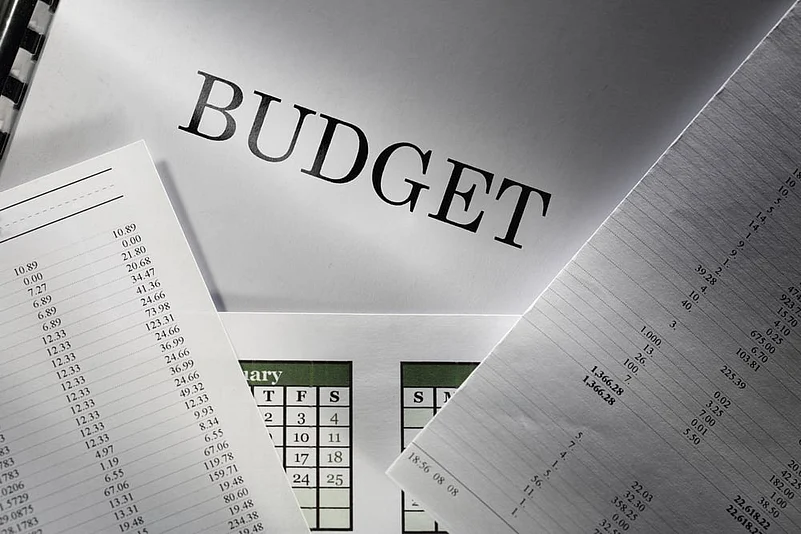By Aarti Raote & Pruthvi K S
The Finance Minister will be presenting the interim budget ahead of the forthcoming General Elections on February 01, 2024. As usual all taxpayer and especially salaried individuals are hoping for some announcements that reduce their overall tax burden. While any significant announcements would be made post the elections, the interim budget presents the finance minister an opportunity to address prolonged concerns and set the stage for future economic growth.
Some areas that the finance minister could consider that would provide relief for the individuals taxpayers:
1. Revisiting the limits for some deductions:
Increasing the limits for below mentioned deductions/exemptions can be considered:
Post the pandemic there has been a major impact on individual’s health. The cost of health benefits as well as insurances have increased significantly and hence, the finance minister should consider increasing the limit for deduction under Section 80D from INR 25,000 to INR 50,000 for individuals and from INR 50,000 to INR 75,000 for senior citizens.
Deduction under 80EEB permits individuals to claim a deduction for interest upto INR 150,000 on the loan amount for the purchase of an electric vehicle. Given that this is an eco-friendly measure this benefit be extended for at least two years, up to March 31, 2026.
Further in a bid to make the new tax regime more attractive, the finance minister should consider extending this deduction under the new tax regime as well.
2. Ease of TDS compliances in case of Non-Residents:
India has become a popular investment destination for non-resident community. However, many are discouraged by the tedious compliances they have to undertake for any transactions like
Purchase of House Property: Currently, the threshold limit for tax withholding on the purchase of house property is INR 50 lakh. If the value of the property exceeds this threshold amount, the buyer must deduct TDS at a rate of 1% of the total consideration amount. The process is very straight-forward in the case of resident sellers but extremely complex in the case of non-resident sellers. In cases where the seller is a non-resident, the buyer would need to obtain the TAN number, deduct TDS, file an e-tds return, and issue a TDS certificate to the non-resident seller. Thus, buyers are reluctant to buy properties from non-residents and hence given the challenges in liquidating the property, the non-resident buyers are skeptical on investing monies in Indian properties.
Rental payments: Tax withholding on rental payments is to be done only once in the March annually or last month of tenancy if the property is vacated during the year. The TDS is to be remitted through the challan cum statement in Form 26QC within 30 days if the monthly rental payment exceeds INR 50,000 in the case of a resident landlord. However, in the case of non-resident landlord, there is a need for the tenant to obtain TAN number, deduct TDS, file quarterly e-TDS returns, and issue a TDS certificate, which is a cumbersome process.
The challenges for non-resident asset owners impact the returns that they receive for their property investments. It is advisable that this process be simplified as this will lead to greater investment in India by non-residents and a higher degree of compliance.
3. E-Campaign - Income Tax Department: The income tax department sends emails or SMS to taxpayers to verify their financial transactions related to information received by the IT department from various sources. This could be significant financial transactions (SFT), tax withholding numbers (TDS), Tax collected at source numbers (TCS), savings bank interest, capital gain income, dividend income, etc. In some instances, taxpayers have already reported the income details while filing tax returns, and returns are processed as well. Instead of asking taxpayers to submit repeated responses for verifying the transactions in the compliance portal as and when required, it is advisable that a request for confirming these transactions is send at the end of the year to avoid additional work for the taxpayers.
The finance minister in a press statement indicated that the budget will be ‘a vote of account’. This suggests that the budget announcement will be a mere formality and no significant policy announcements should be expected in this interim budget. However, given this Governments focus on ease in compliances, the finance minister could consider at least some of the operational suggestions made by the taxpayers.
(Disclaimer: The authors - Aarti Raote is Partner, Deloitte India and Pruthvi K S is Manager with Deloitte Haskins and Sells LLP. Views expressed are personal and do not reflect the official position or policy of the Outlook Group.)













